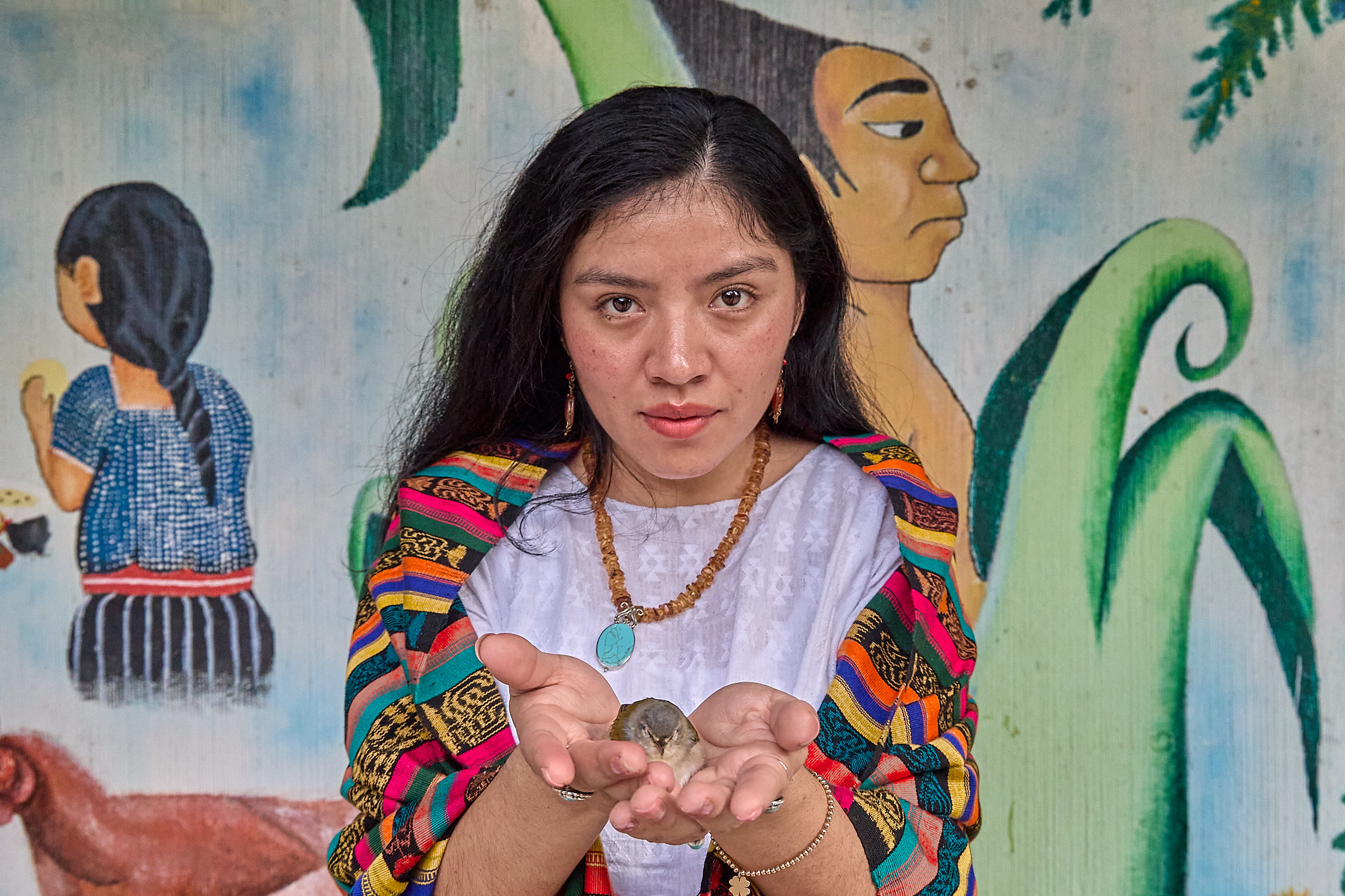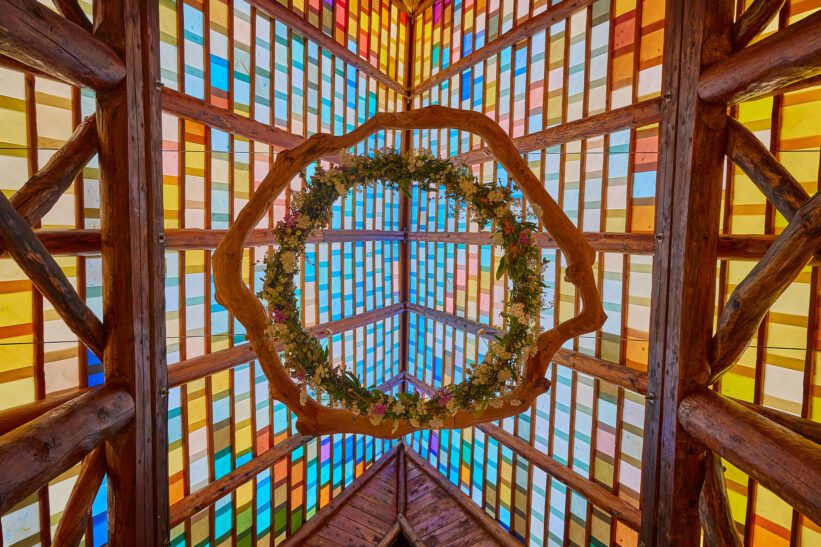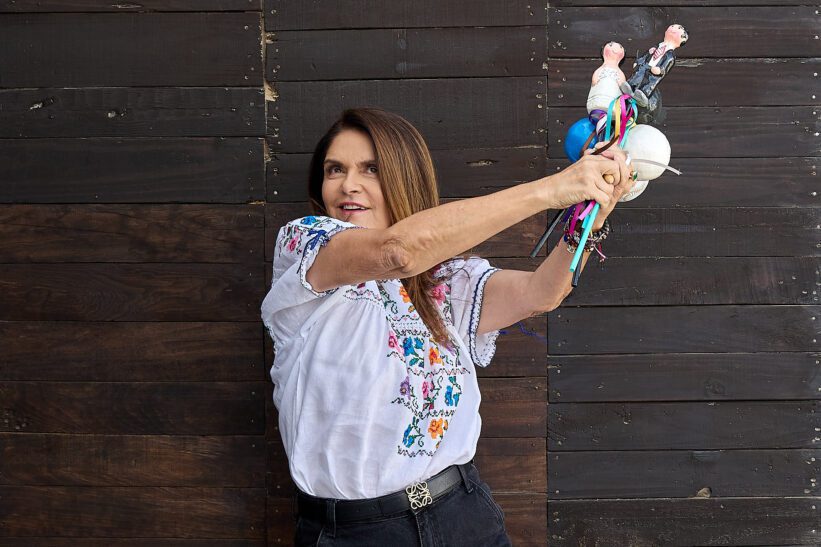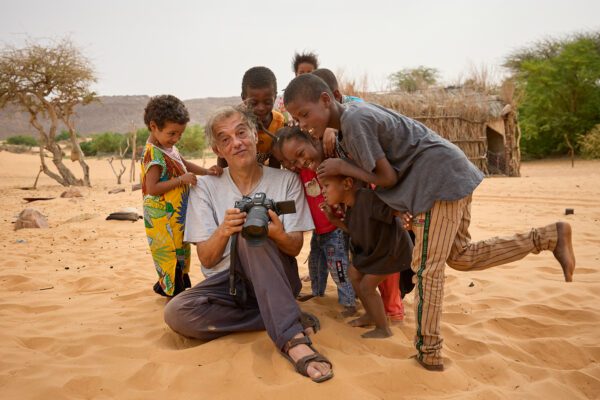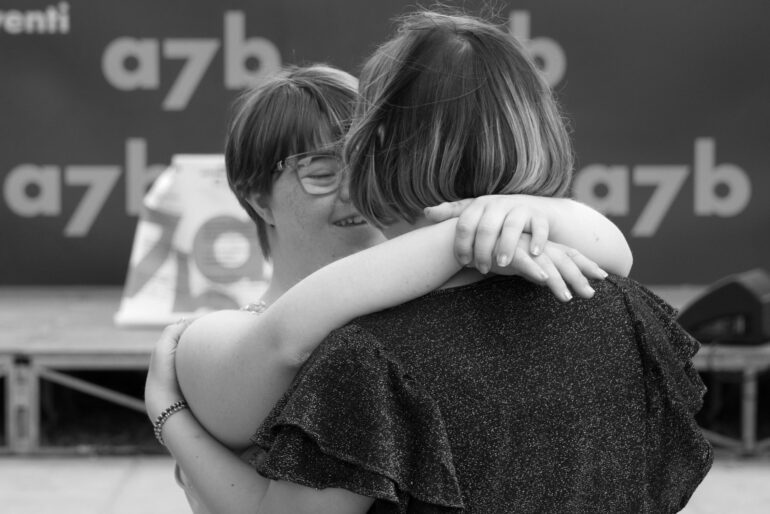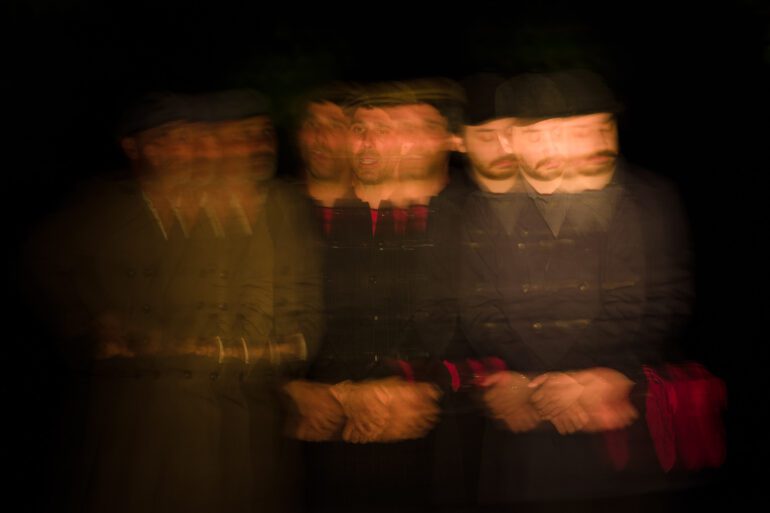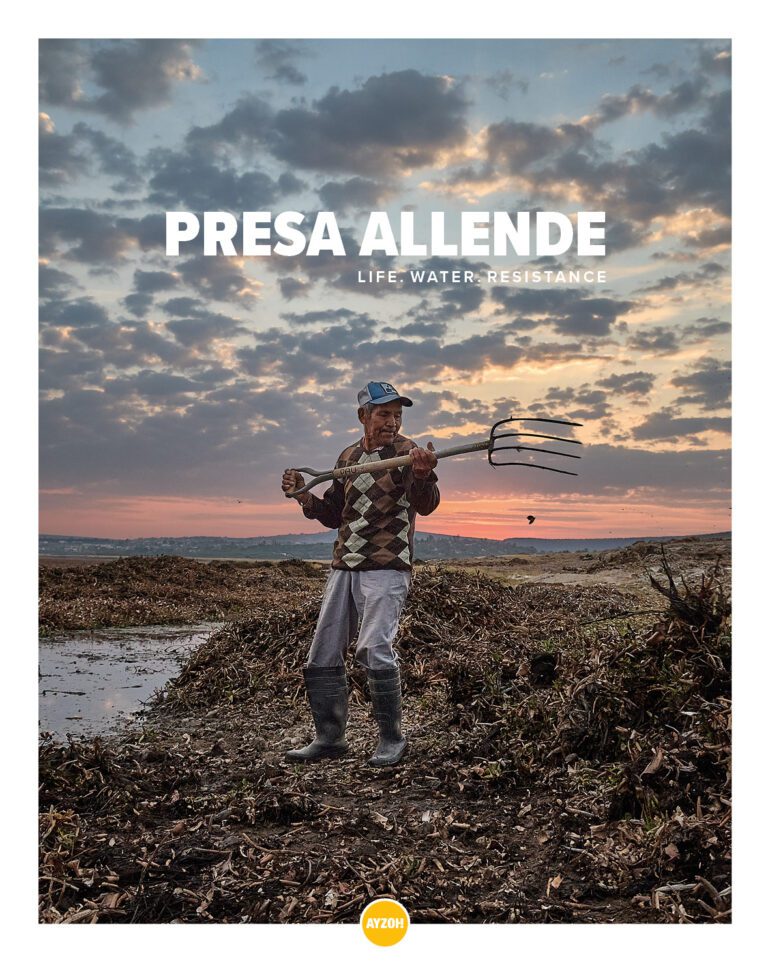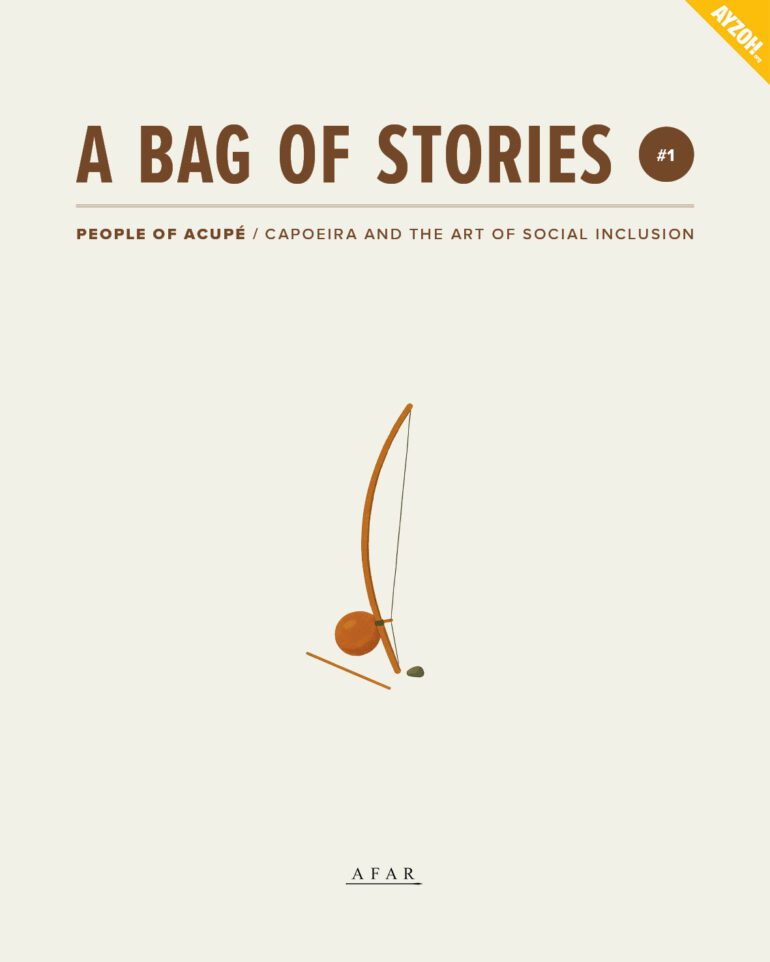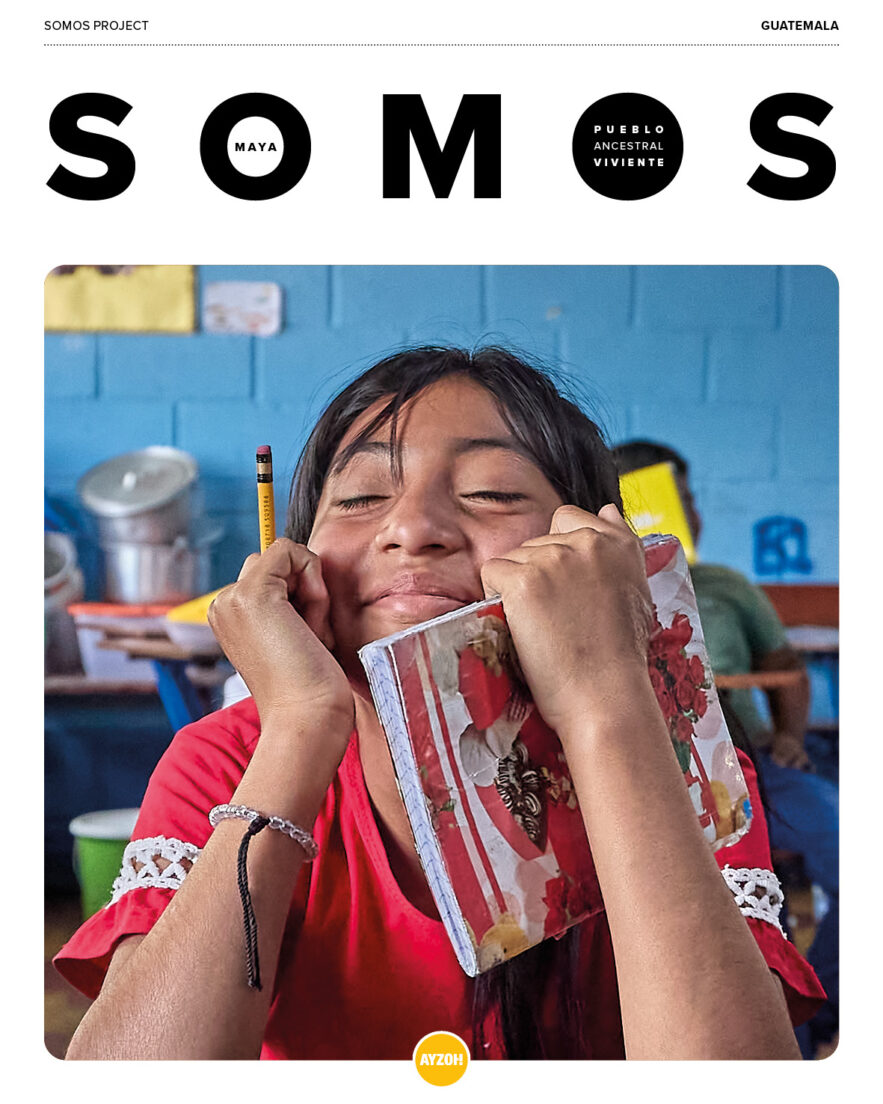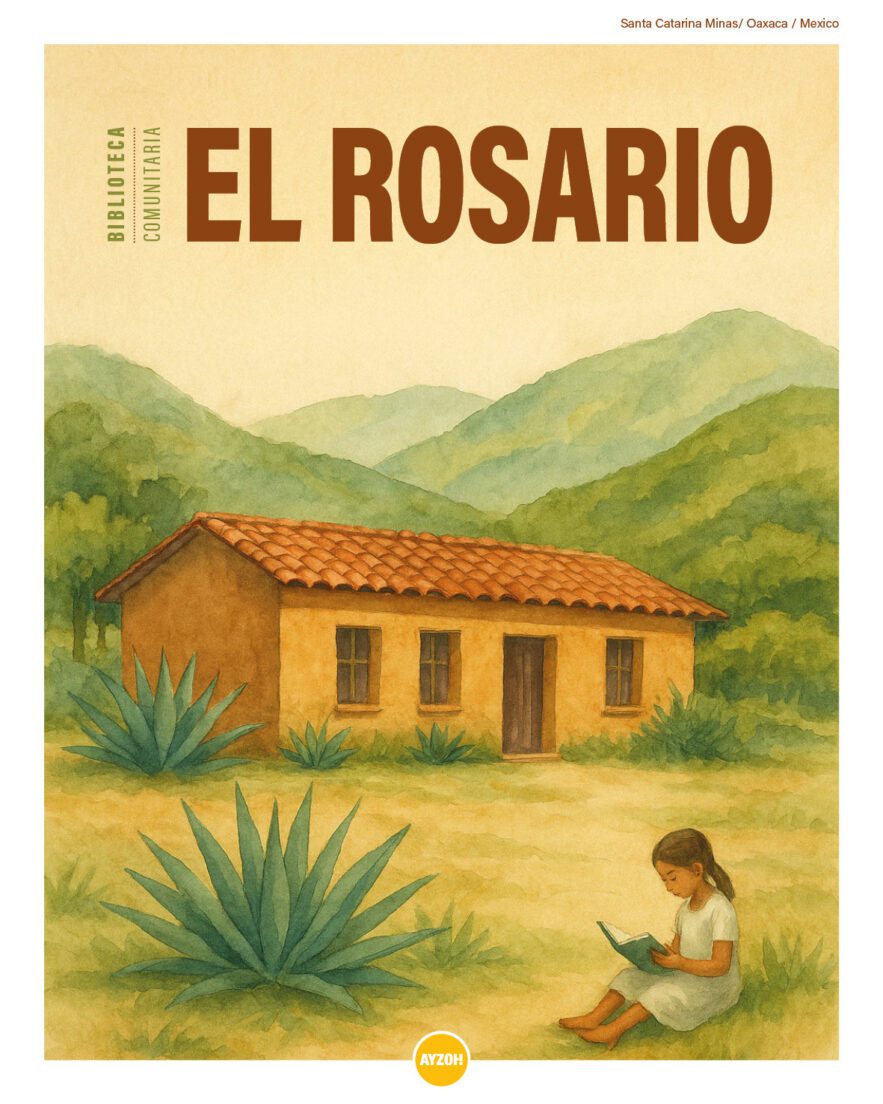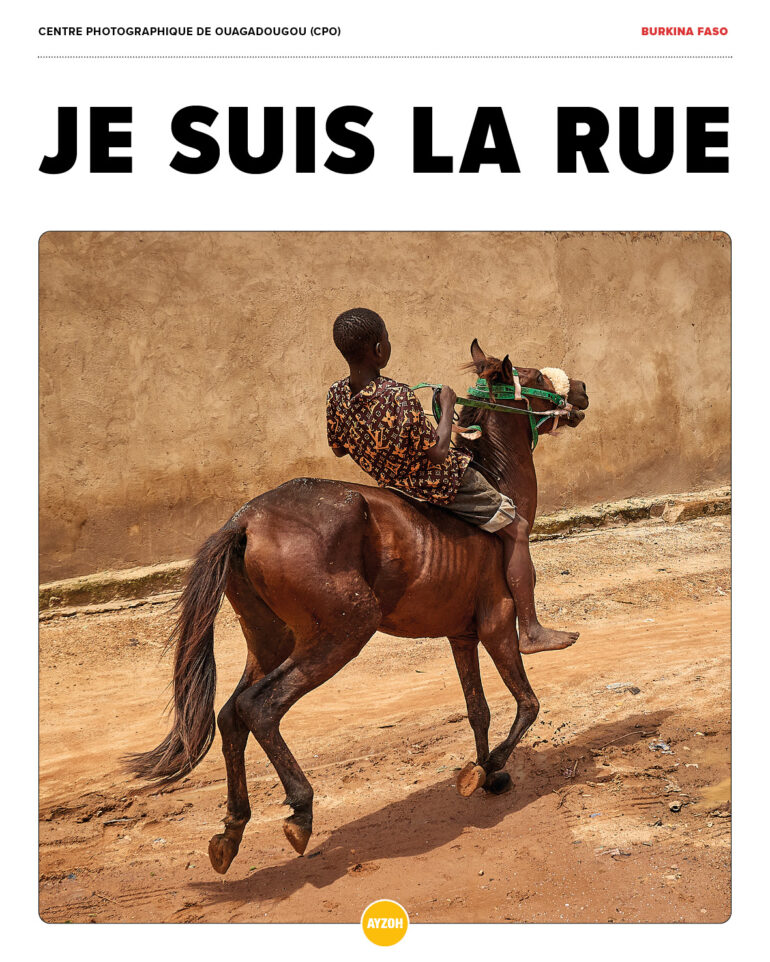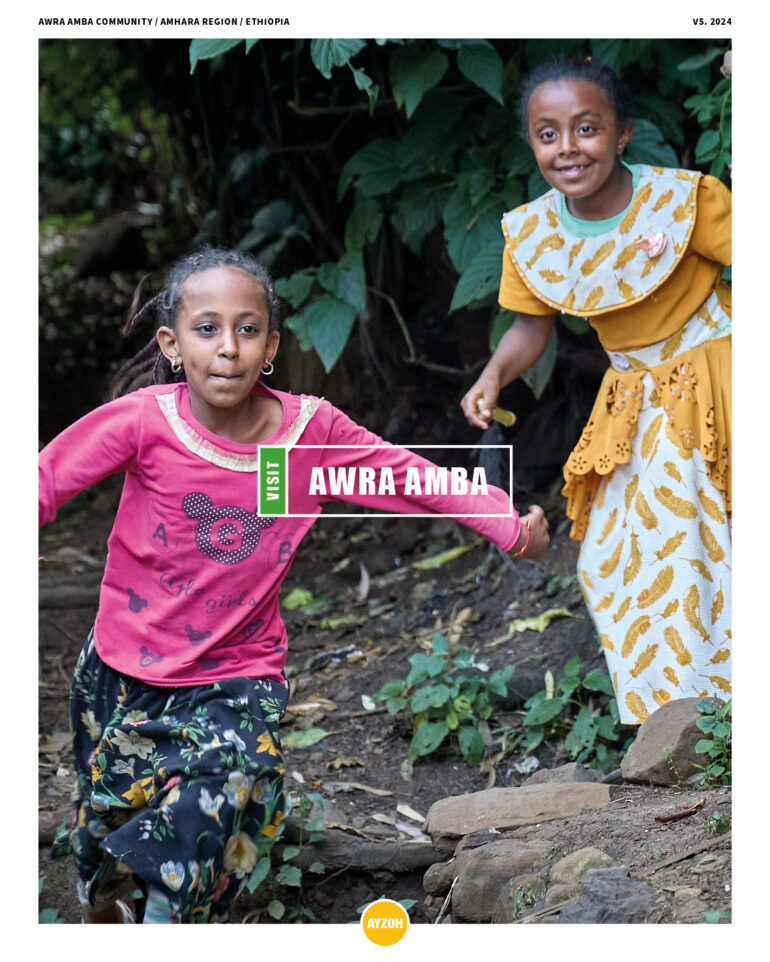Known locally as Programa Utzilal Tijonikel — “Teaching Goodness” in the Kaqchikel language — the Centro Educativo Pavarotti offers more than education. It offers direction, dignity, and the tools for indigenous youth to shape their futures with confidence. At the Centro Educativo Pavarotti in San Lucas Tolimán, education becomes a tool for cultural pride, resilience, and community transformation—guided by the legacy of Rigoberta Menchú Tum and Luciano Pavarotti.
Each year, around 150 students between the ages of 12 and 16 from rural communities in Guatemala begin a journey that reaches far beyond the classroom. At this center, they gain not only academic knowledge but also practical skills, emotional support, and cultural grounding in a world that often ignores or marginalizes their identities.
The annual graduation ceremony marks more than the end of a school year—it’s a celebration of resilience, achievement, and cultural pride.
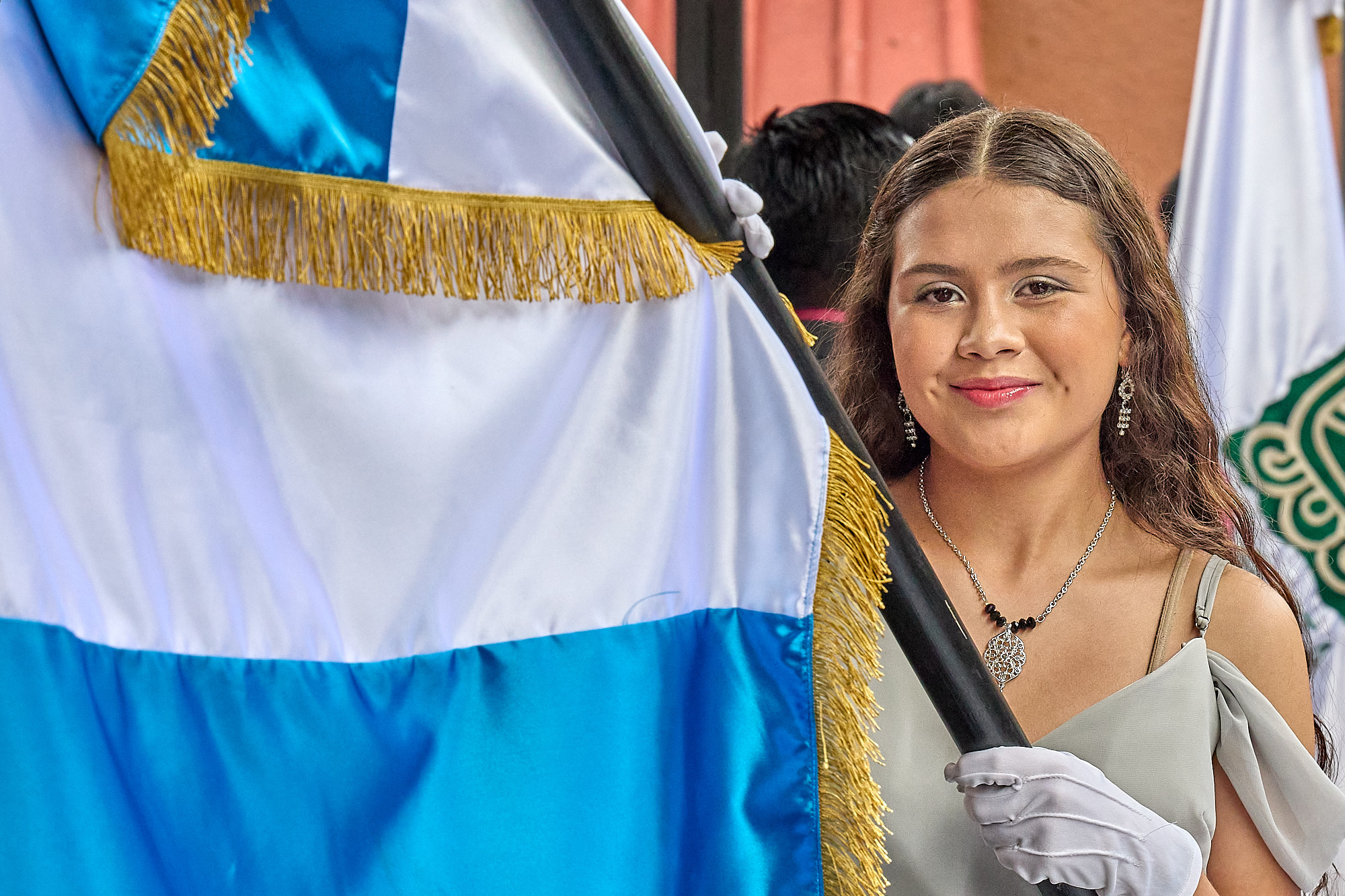
A Legacy Rooted in Solidarity
The Centro Educativo Pavarotti was born from the collaboration of two global figures: the legendary tenor Luciano Pavarotti and indigenous rights advocate Rigoberta Menchú Tum, recipient of the Nobel Peace Prize.
In 1999, Pavarotti organized a benefit concert to fund the construction of a school and shelter for children affected by the violence of Guatemala’s civil war. The curriculum was entrusted to Menchú Tum’s foundation, and local artisans brought the project to life with vision and dedication.
Inaugurated in 2003 with the support of Guatemala’s Ministry of Education, the center quickly evolved into a self-sustaining model. Through community-based tourism — including a guesthouse, a traditional restaurant, and Mayan cultural tours — it generates income to support its educational programs.
It’s a model that speaks to the creative strength of indigenous communities: blending heritage, hospitality, and innovation to ensure lasting impact.
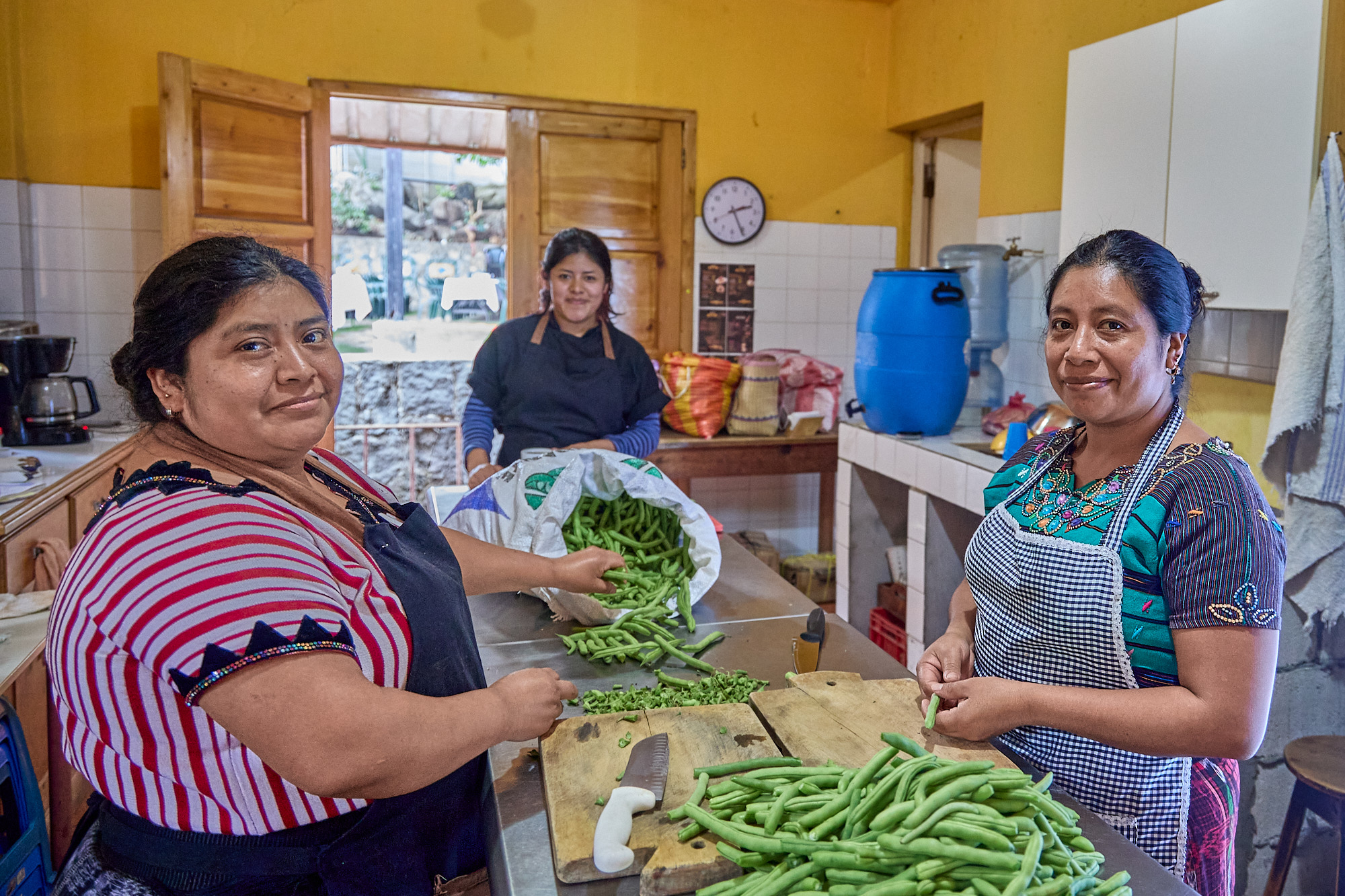
Learning by Living: Education Rooted in Place
At the heart of the center’s approach is a deep belief in self-reliance and connection to community. Visitors are welcomed into a space that is not only educational but experiential. They share meals prepared with local ingredients, stay in traditional guesthouses, and explore sacred sites guided by students and teachers.
These exchanges generate vital funding, but also create space for mutual understanding. Students acquire hands-on experience in entrepreneurship, hospitality, and cultural preservation—skills that go far beyond the academic curriculum.
More importantly, they develop pride in their identity and an awareness of their role in shaping their community’s future. The result is an education that prepares not just students, but leaders.
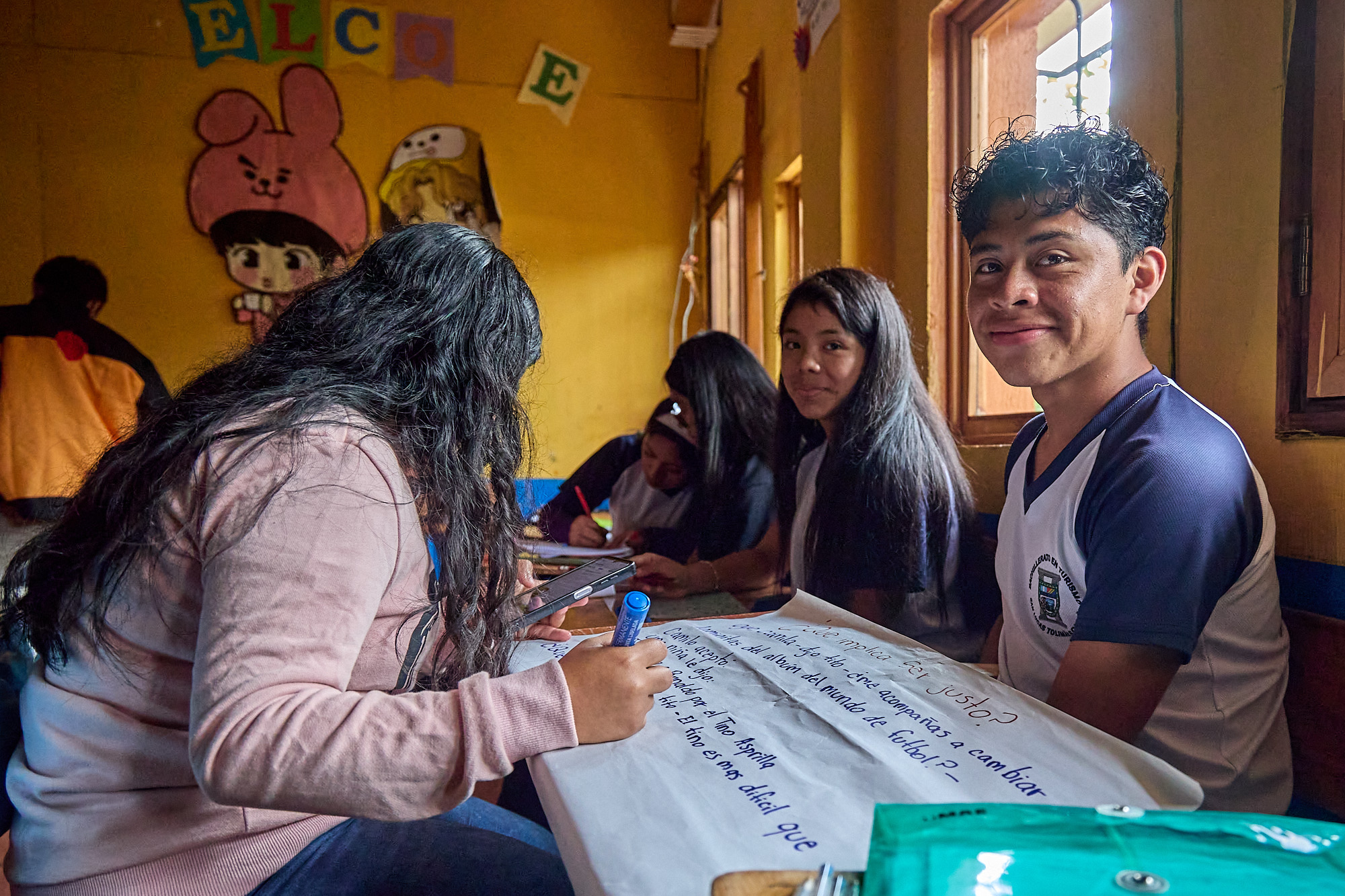
Honoring Culture Through Education
The center’s educational philosophy is rooted in Maya knowledge and values. Students are encouraged to speak their native Kaqchikel language, to explore spiritual traditions, and to participate in community celebrations. School festivals and field visits to sacred sites nurture a connection between the past and the present, tradition and progress.
Teachers receive annual psychopedagogical training, ensuring that education is not only rigorous but also compassionate and relevant.
Every aspect of the curriculum is designed to prepare students to thrive in both local and global contexts—without ever losing sight of who they are or where they come from.
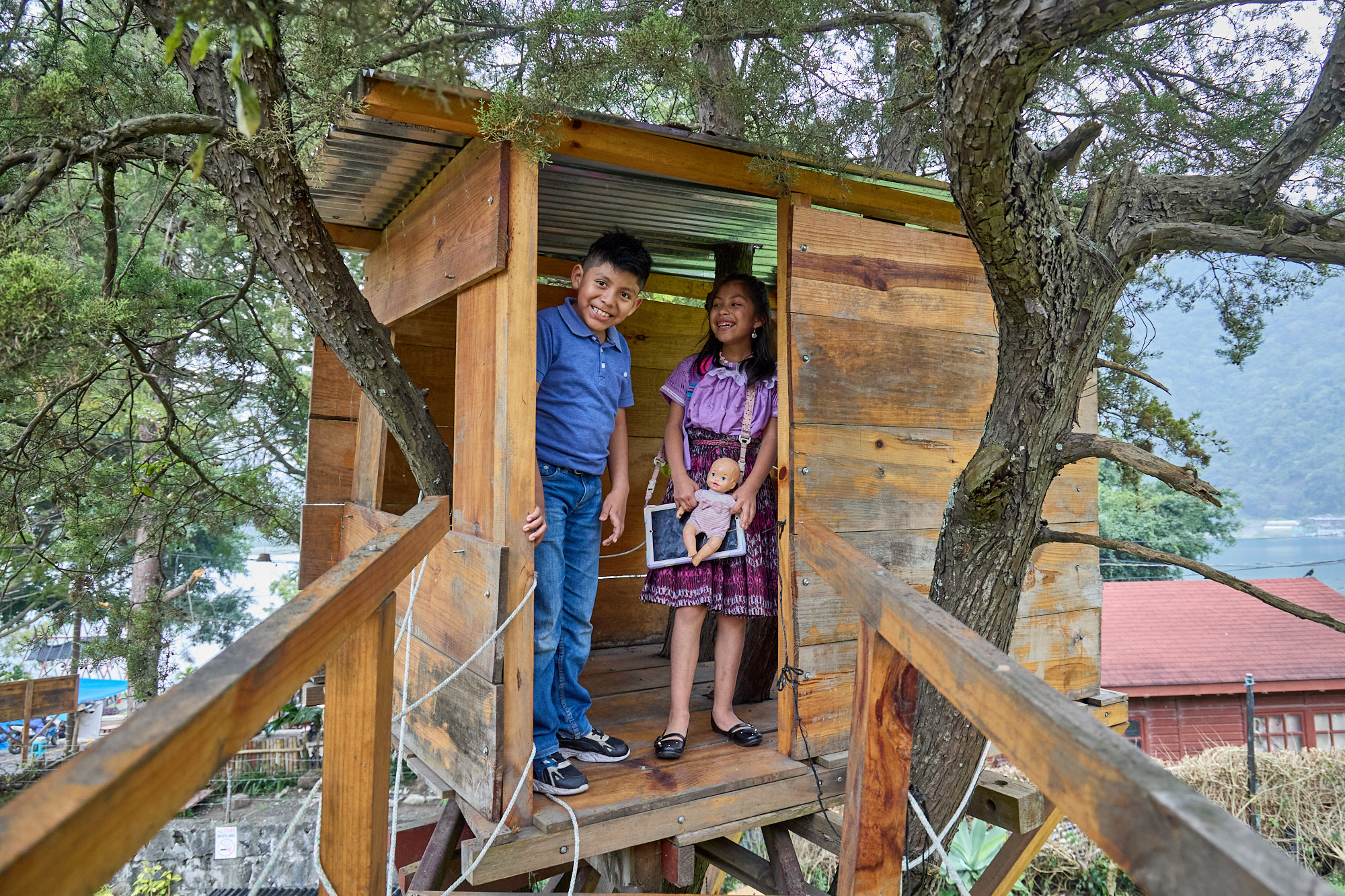
A Treehouse, a Worldview
Nature plays a central role in Maya cosmology, and at the Centro Educativo Pavarotti, that worldview is alive in daily life. Trees, animals, and natural forces are treated not as background elements but as sacred presences.
The school’s simple wooden treehouse, used for study and play, symbolizes that connection. It is a place to reflect, to imagine, and to feel the rhythms of the world outside the classroom.
This integration of cosmology into education strengthens the students’ relationship with the environment and reinforces a vision of sustainability grounded in ancestral wisdom.
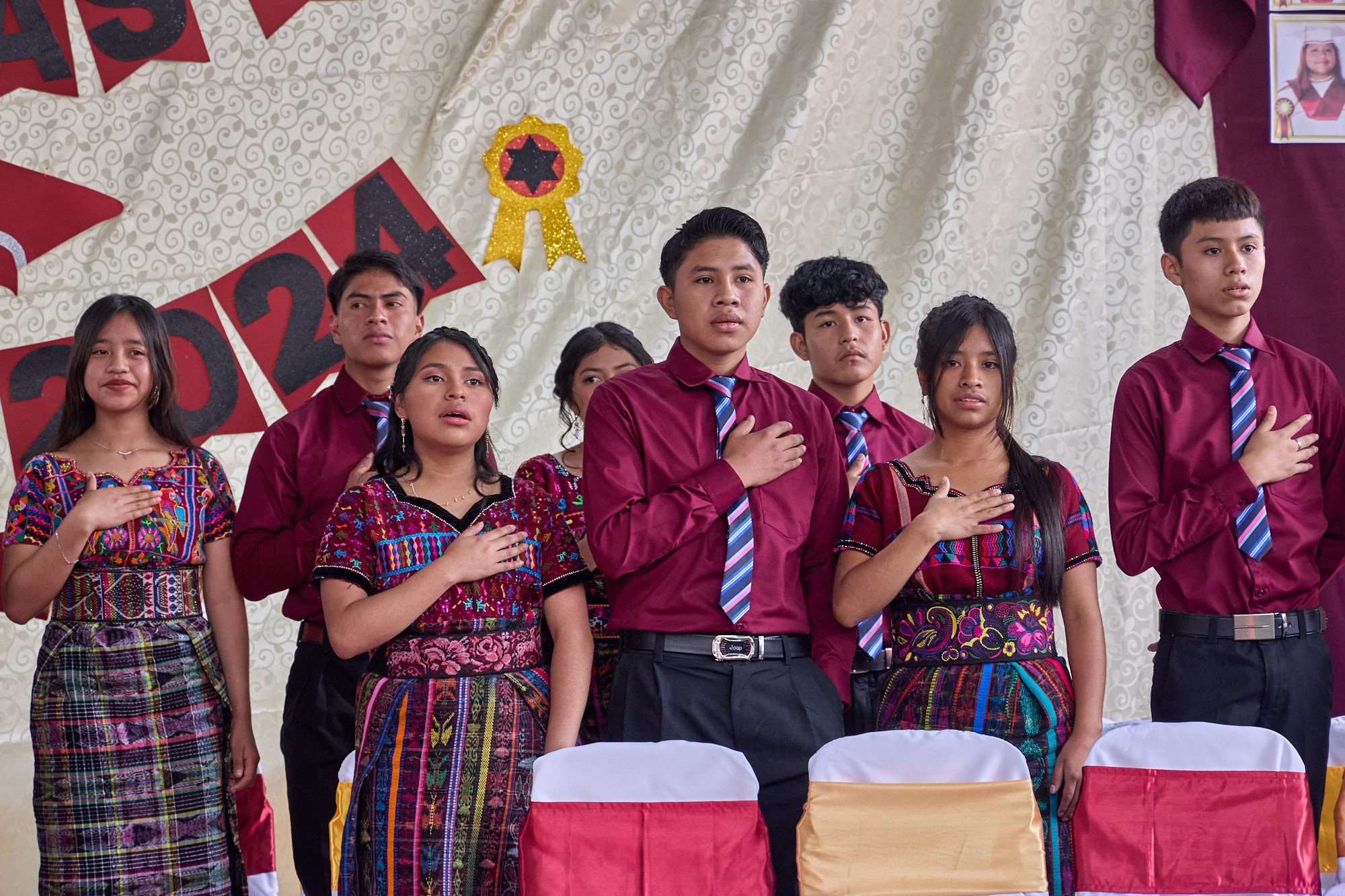
A Graduation That Tells a Story
This year’s graduation ceremony was a moving celebration of cultural resilience. Dressed in traditional woven textiles, the students received their diplomas in front of families, educators, and honored guests—including Rigoberta Menchú Tum herself.
Spiritual rituals, ancestral symbols, and moments of joy gave shape to a ceremony that was far more than a rite of passage. It was a powerful reminder that education, when rooted in dignity and tradition, becomes a tool for transformation.
As a witness and documentarian, I was honored to capture these scenes: the warmth of a mother’s smile, the embroidered stories in each huipil, and the fierce hope in every graduate’s eyes.
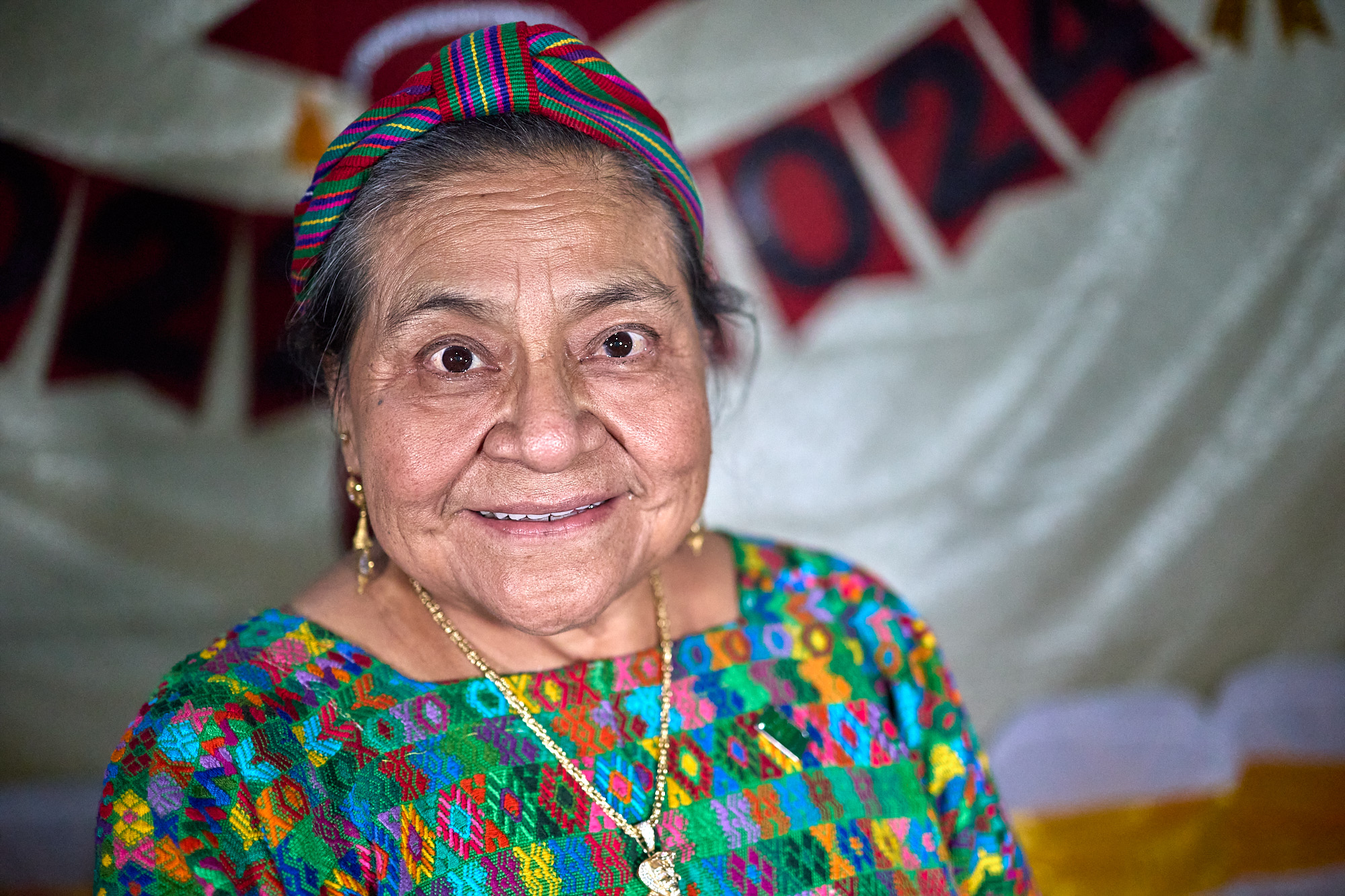
The Spirit of Rigoberta Menchú Tum
Born into a K’iche’ Maya family, Rigoberta Menchú Tum came of age amid the brutal violence of Guatemala’s civil war. Her father was killed in a fire during a peaceful protest. Her mother was abducted and murdered. Yet from that pain, she forged a voice for millions.
Her memoir, “I, Rigoberta Menchú“, gave the world a lens into the struggle of Guatemala’s indigenous peoples. Her Nobel Peace Prize in 1992 recognized a lifetime of activism—one that continues today through her foundation’s focus on education, cultural preservation, and indigenous leadership.
The Centro Educativo Pavarotti reflects her belief that justice begins with knowledge, and that true peace must include all voices.
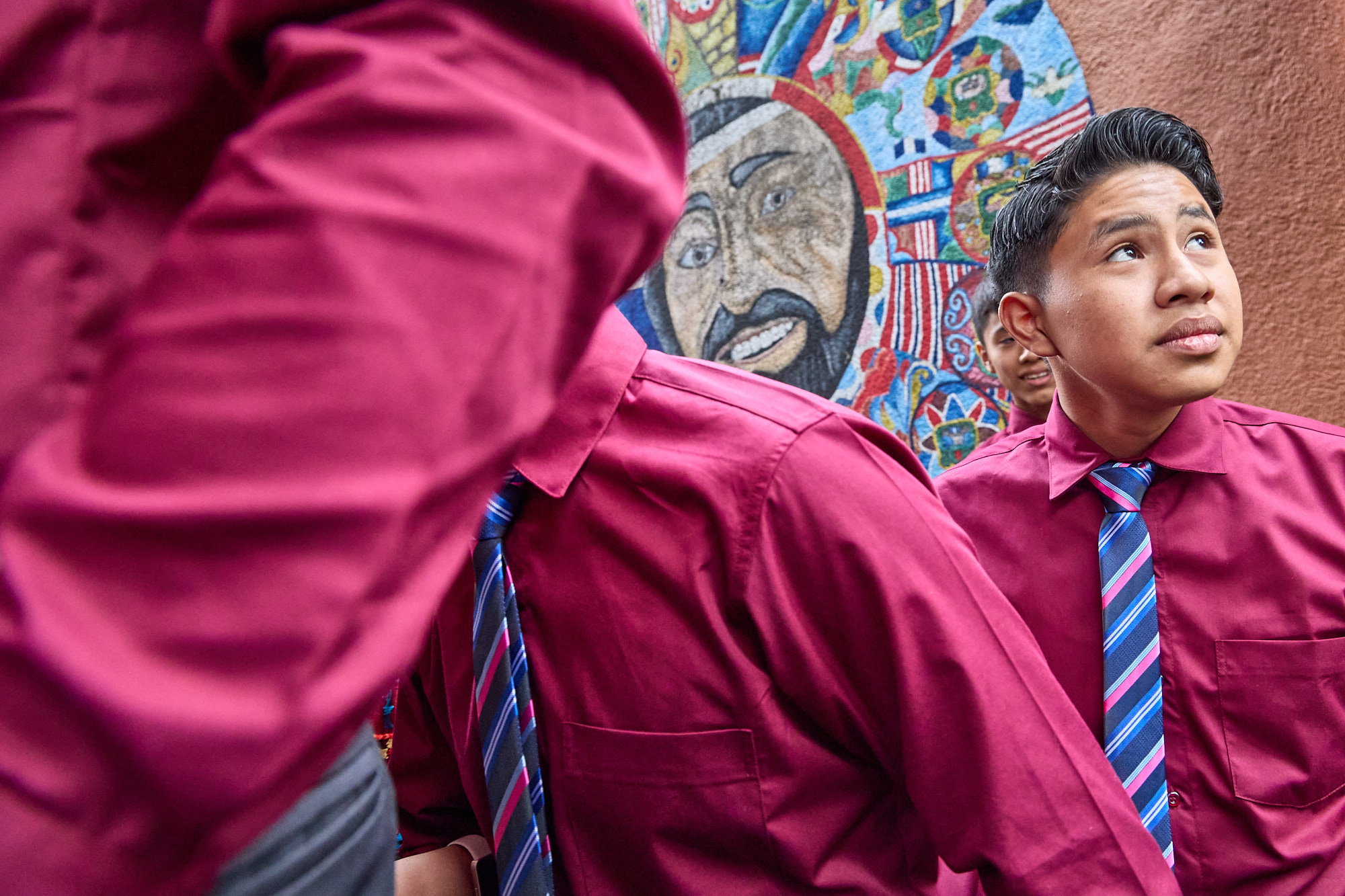
Luciano Pavarotti’s Humanitarian Legacy
Luciano Pavarotti brought opera to the world, but he also brought hope to communities in need. His charity concerts raised millions for war victims, children, and medical research. His support of this school in Guatemala stands as a testament to his deep belief in the power of education and culture.
By choosing to act—and to collaborate across continents—Pavarotti helped build a space where music, learning, and identity come together in service of a better future.
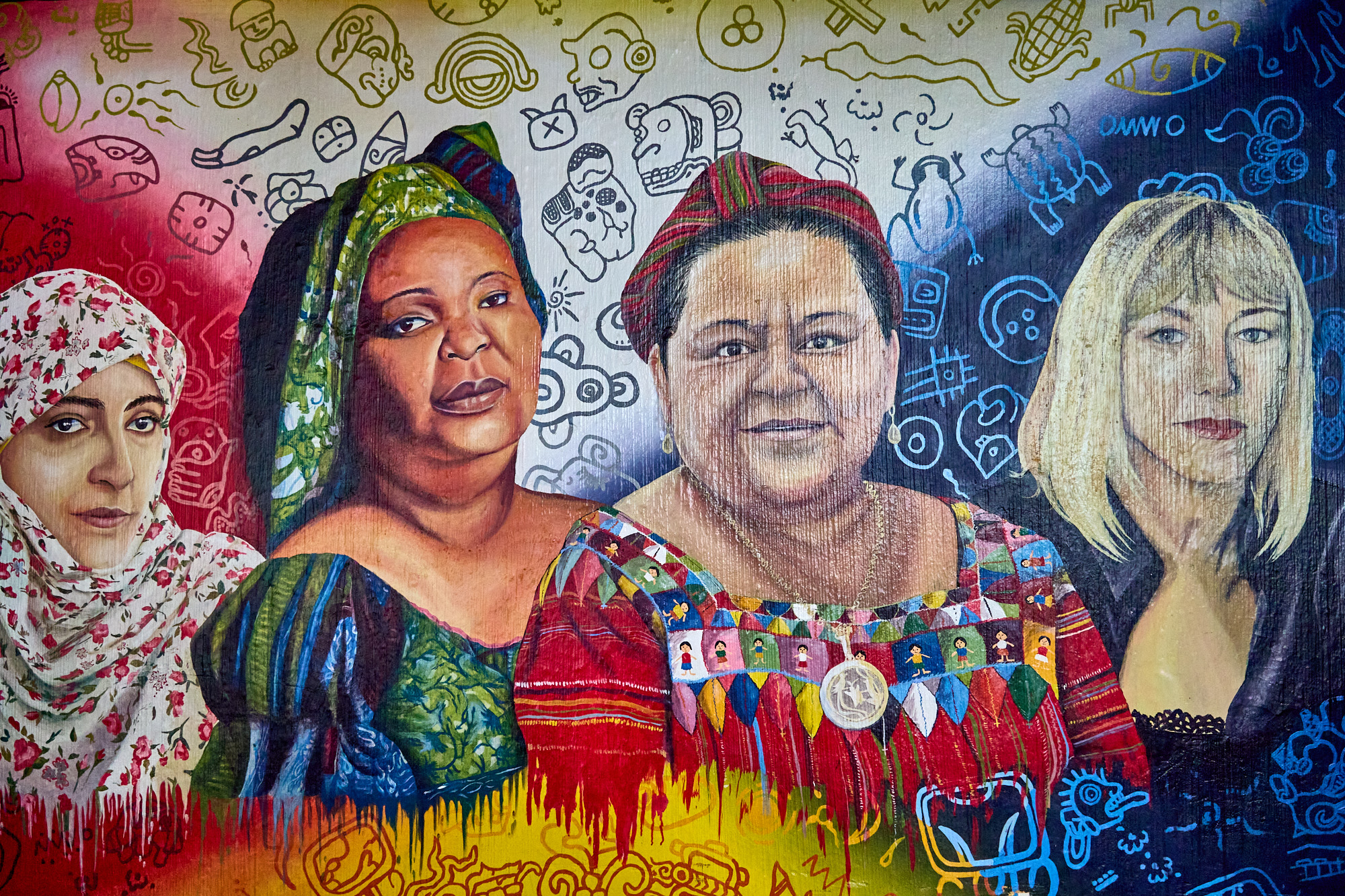
A Mural of Courage
On the walls of the school, a mural celebrates four women Nobel Peace Prize laureates: Rigoberta Menchú Tum, Tawakkol Karman, Leymah Gbowee, and Jody Williams.
Each figure represents a different continent, a different struggle—but a shared commitment to justice, dignity, and peace. Their stories inspire every student who walks the school’s halls, reminding them that change begins with courage and vision.
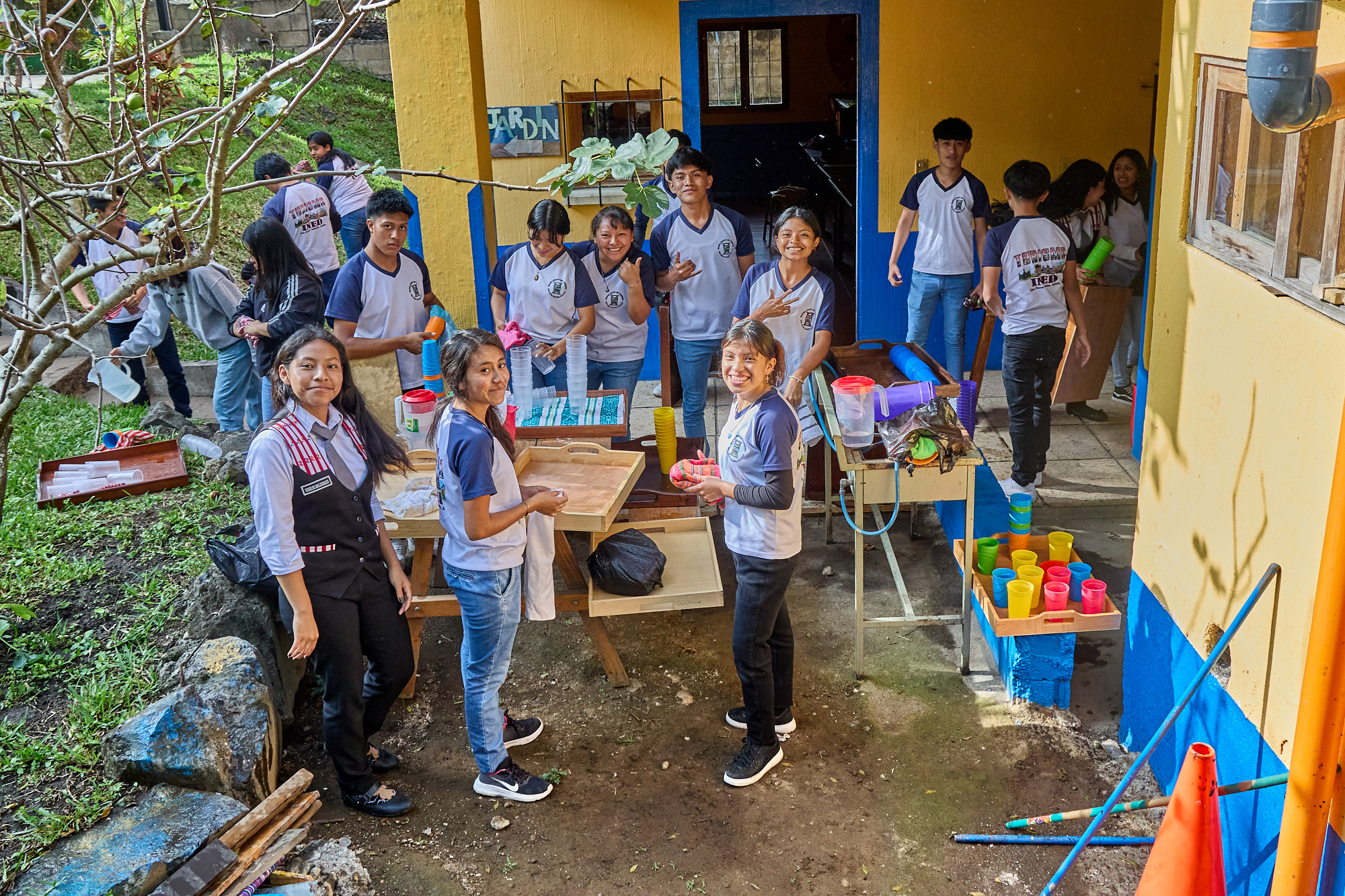
Carrying the Vision Forward
The Centro Educativo Pavarotti is more than a school. It is a living proof that education can be sustainable, that culture can be strength, and that small communities can shape global futures.
Thanks to the work of Angel Canil and Gregorio Canil, and through the broader efforts of the Fundación Rigoberta Menchú Tum, this center continues to grow as a model of community-based learning and intercultural solidarity.
This story is part of Somos, an ongoing project by Ayzoh! to share the voices and visions of communities shaping their own paths. By amplifying these stories, we hope to build a shared understanding rooted in dignity, reciprocity, and the belief that another future is always possible.

